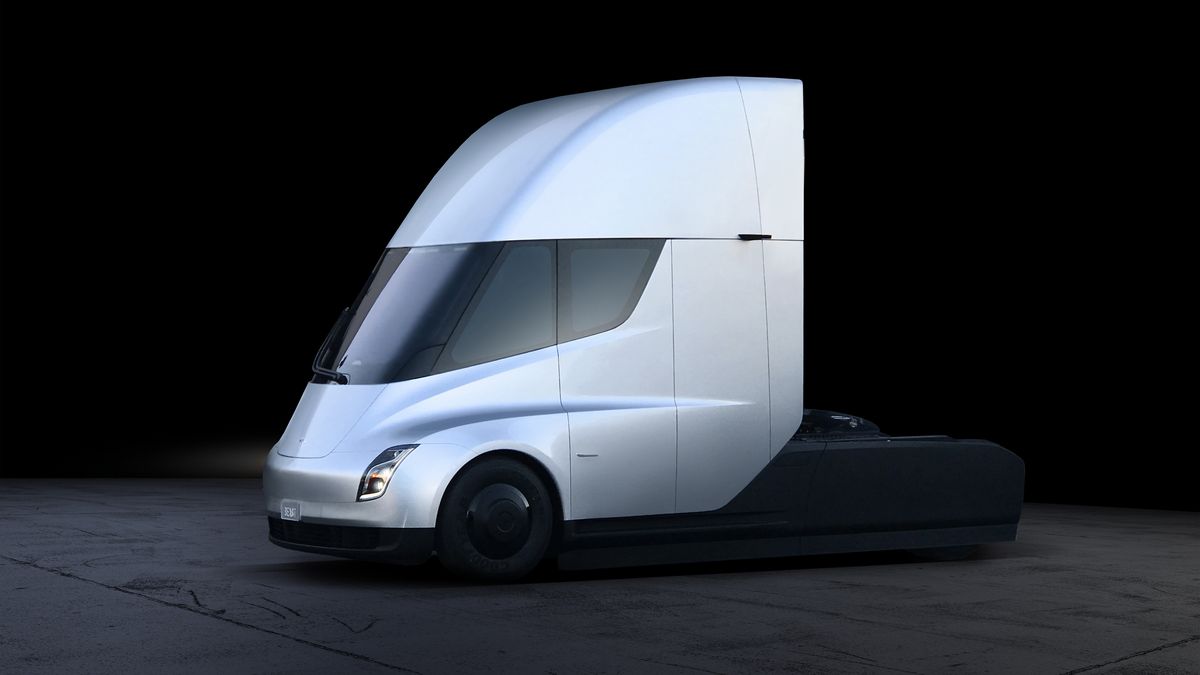“Earlier this month, I wrote about how COVID-19 is a warning about climate change. There is no doubt that we have experienced terrible suffering and financial hardship in recent months. But as difficult as it may be to imagine right now, when we are still in the midst of the pandemic, climate change has the potential to be even more devastating.”
With these words, technology mogul Bill Gates wanted to emphasize the danger that climate change poses to humanity and the need to electrify transportation in his blog. However, in that same post, the second richest man in the world has made some controversial statements, stating that some sectors will be left out of this change.
According to Gates, passenger cars will be fully electrified (in fact, they are already doing so). From small compacts to stylish sports cars, all vehicles will be susceptible to this change. The executive even cites the efforts of companies such as Ford, General Motors, Rivian, and Bollinger when it comes to developing electric pick-ups.

However, the controversy comes when it comes to analyzing electric trucks and airplanes, which are, in his own words, unviable. “The problem is that the batteries are big and bulky. The more weight you try to move, the more batteries are needed to power the vehicle. But the more batteries you use, the more value you add and the more energy you need.
Even with the great strides being made in battery technology, they are probably never a solution in applications like 18-wheelers, cargo ships, and passenger aircraft. Electricity works when short distances need to be covered, but we need a different explanation for heavy long-haul vehicles. ”
These statements contrast with the forecasts of Elon Musk, who, in addition to promoting the development of the Tesla Semi truck (which will have a range of more than 700 miles per charge in its most capable variant), recently stated that we are just five years away to achieve battery technology that makes electric airplanes viable. In contrast, Bill Gates defends the use of biofuels in these sectors.

